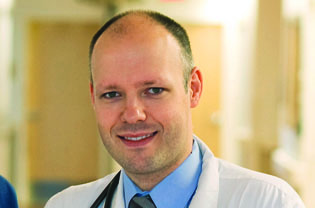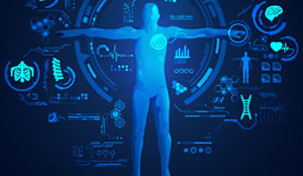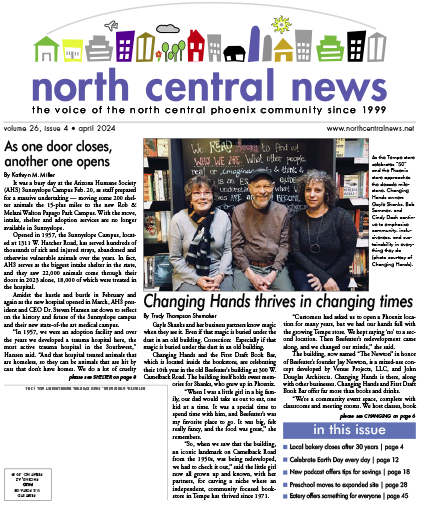[btn]By Victor Zach, M.D.[/btn]
Every 40 seconds, an American has a stroke. It happens when a blood vessel that carries oxygen and nutrients to the brain either bursts, ruptures or is blocked by a clot. As a result, the brain cannot get the blood and oxygen it needs, and pieces of the brain die.
That adds up to 795,000 a year, making stroke the No. 4 cause of death and a leading cause of adult disability.
Yet the American Heart Association says that nine in 10 Americans don’t think of stroke as a major health concern. It’s why I treat a lot of stroke patients in the intensive care unit.
There are two kinds of stroke: hemorrhagic and ischemic. A hemorrhagic stroke is caused by a blood vessel that breaks and bleeds into the brain and has a higher mortality rate. The most common type of stroke is ischemic. It can be treated with a clotbuster called tPA (tissue plasminogen activator).
Yet only 1 to 2 percent of eligible patients, out of 750,000 patients annually, receive it. Why? Because there’s less than a three-hour window of opportunity to administer tPA and too few specialists who can quickly prescribe it.
John C. Lincoln Hospitals are certified as Primary Stroke Centers by DNV Healthcare, showing they demonstrate better outcomes in stroke care. North Mountain also has a telerobot that lets me or a fellow neuro-intensivist coordinate a stroke alert at a John C. Lincoln Health Network facility. From miles away, I can evaluate the patient and test results on the screen. If it’s within three hours of onset of symptoms, I can prescribe tPA to restore blood flow to the brain.
Believe me, timing is everything. During a stroke, every minute costs about 2 million brain cells. We have billions, but to lose 2 million a minute is huge. Those cells contain valuable memories and functions that cannot be recovered quickly or, for a lot of people, at all.
Attend a free stroke screening from 8 a.m. to noon on Thursday, May 8 at the Cowden Center, 9202 N. 2nd St. The screening will look for such risk factors as plaque buildup in the carotid artery, your heart rate and cholesterol (non-fasting) levels. You’ll also learn steps to take to prevent strokes and improve your health. Physicians and health care providers will be on site for counseling as well.
Register at 623-434-6265. Learn more at www.JCL.com/events.










































